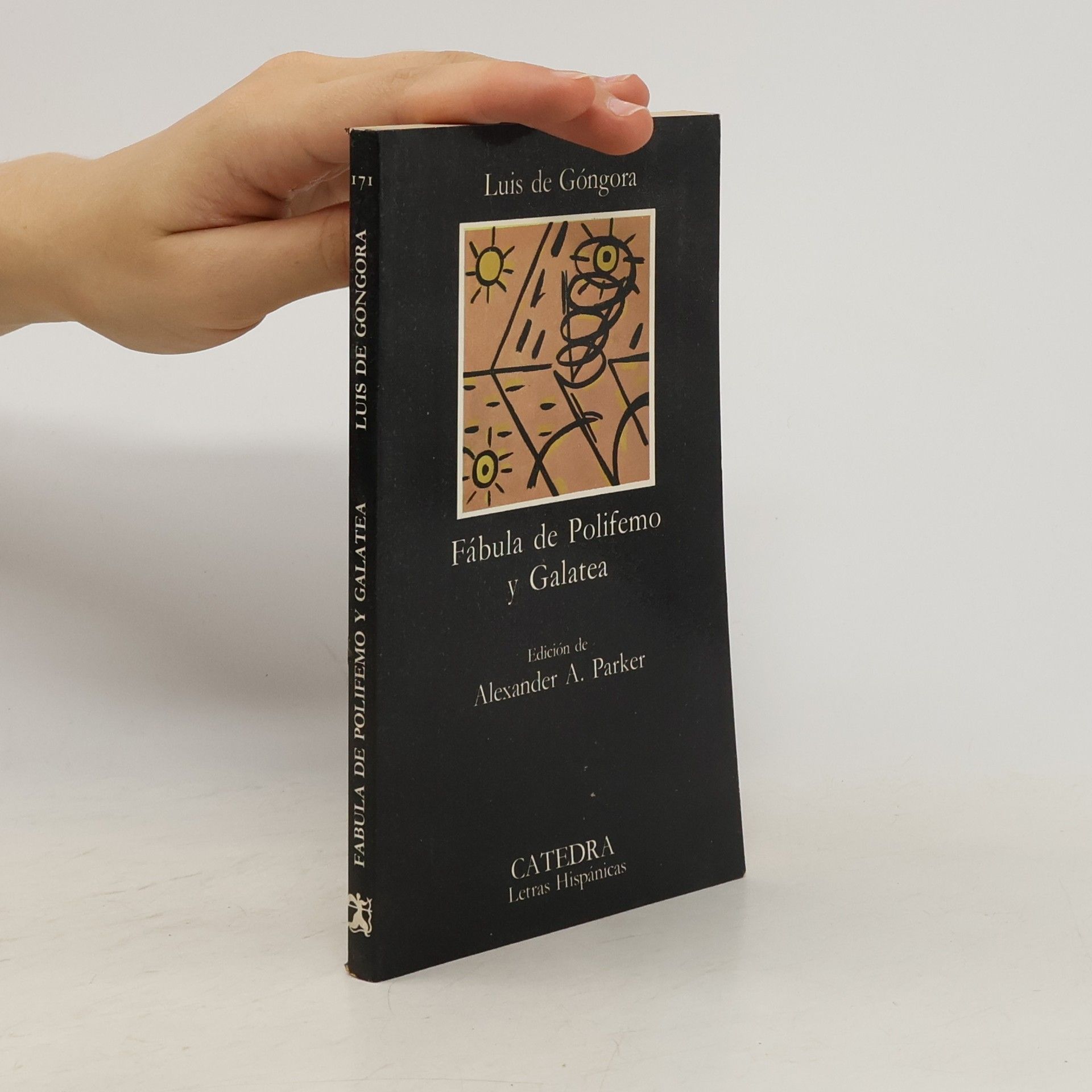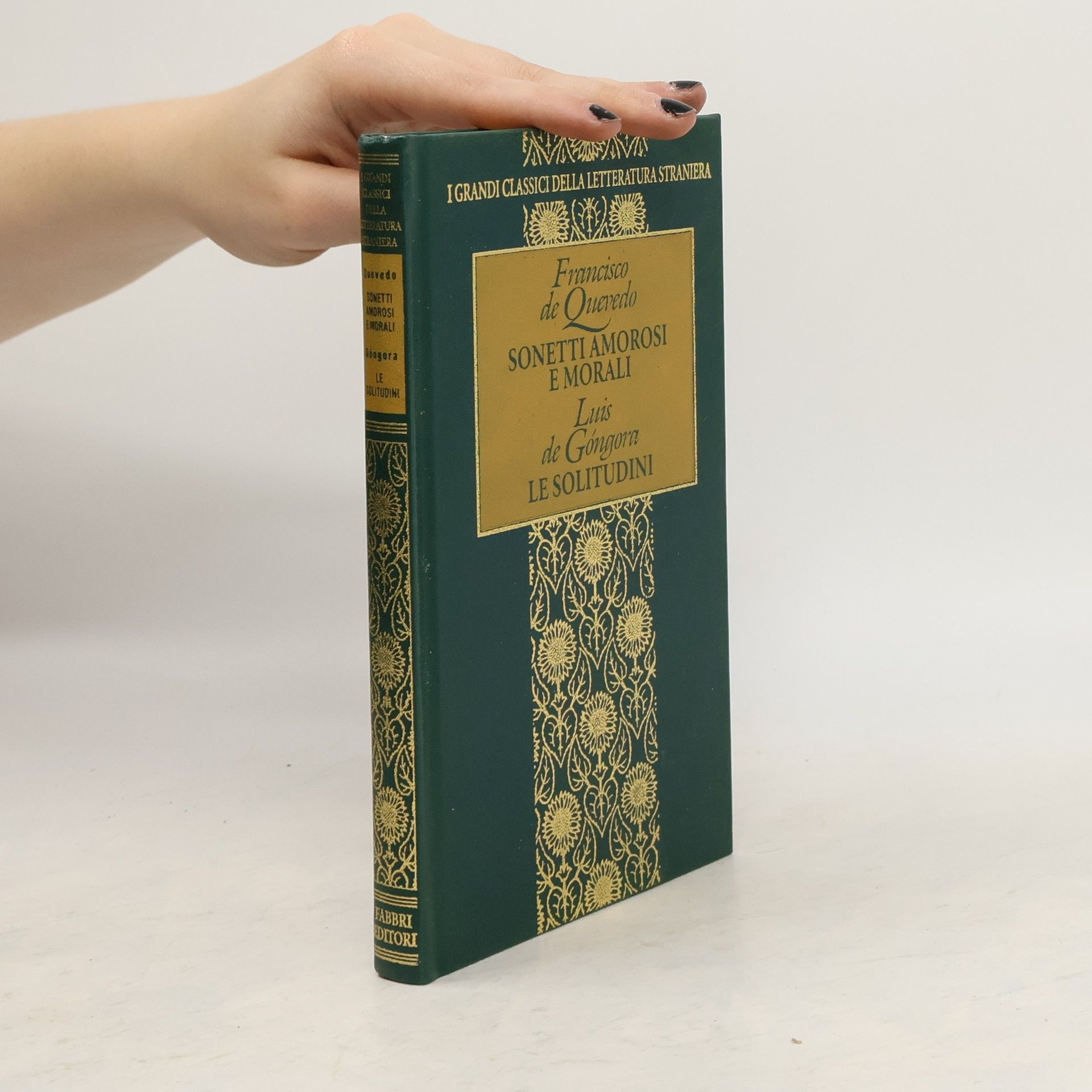Španělský básník barokního kulteranismu Luis de Góngora y Argote, jeden z vrcholných zjevů světové poezie, jenž měl ve své epoše adekvátní protějšek snad jen v anglickém Johnu Donnovi. Výbor … Či purpur nasněžený přináší ukázky z lyriky, Samot a Báje o Polyfémovi a Galathei v nejlepších básnických překladech, jež dosud máme.
Luis de Góngora y Argote Knihy
Luis de Góngora byl španělský barokní lyrik, jehož styl, známý jako culteranismo neboli gongorismus, ostře kontrastoval s konceptismem jeho rivala Francisca de Queveda. Góngora je považován za jednoho z nejvýznamnějších španělských básníků své doby. Jeho dílo je charakteristické vytříbeným jazykem a složitou metaforikou, která formovala barokní poezii. Góngorův vliv přetrval a jeho básnický odkaz je dodnes předmětem studia a obdivu pro svou jedinečnost a uměleckou hloubku.

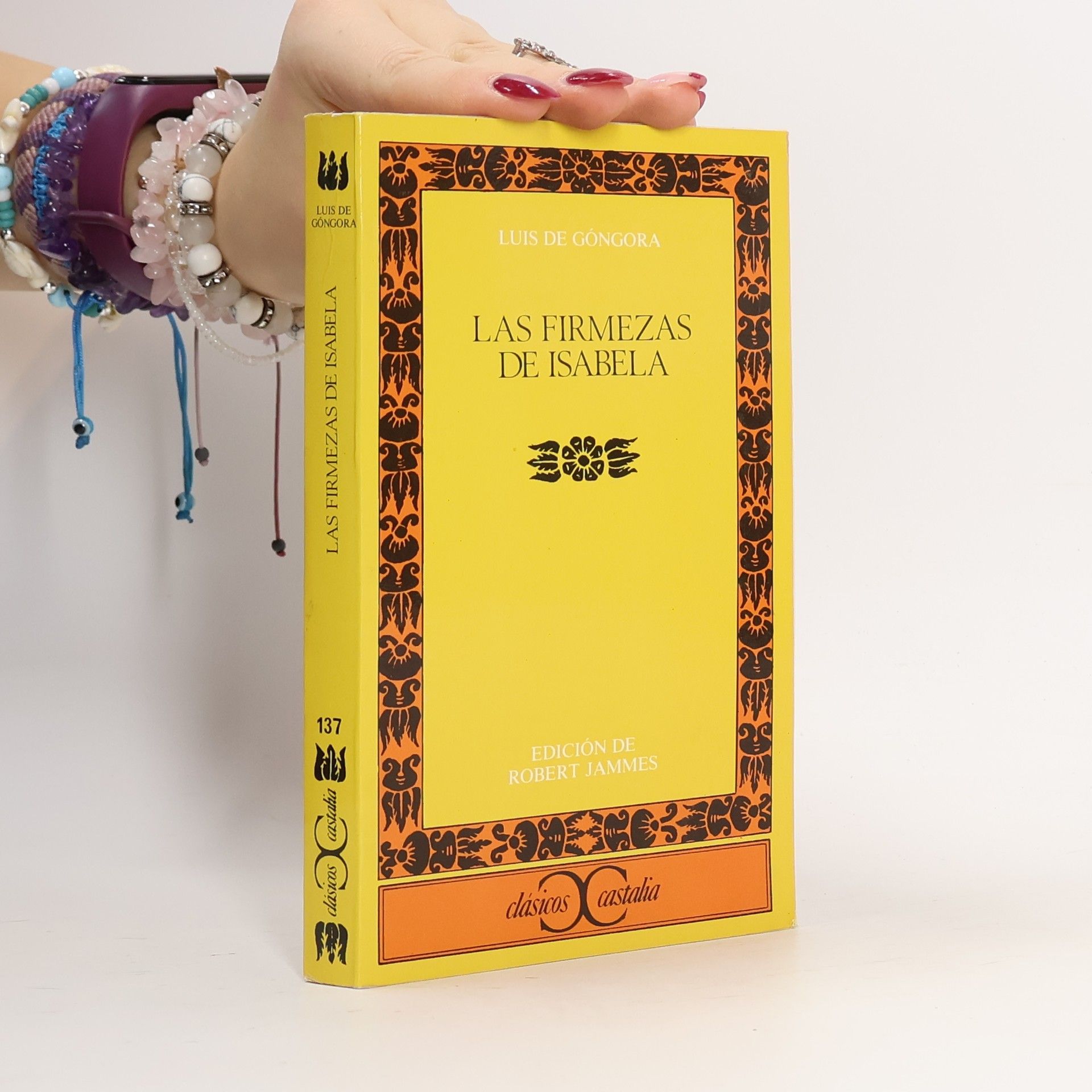
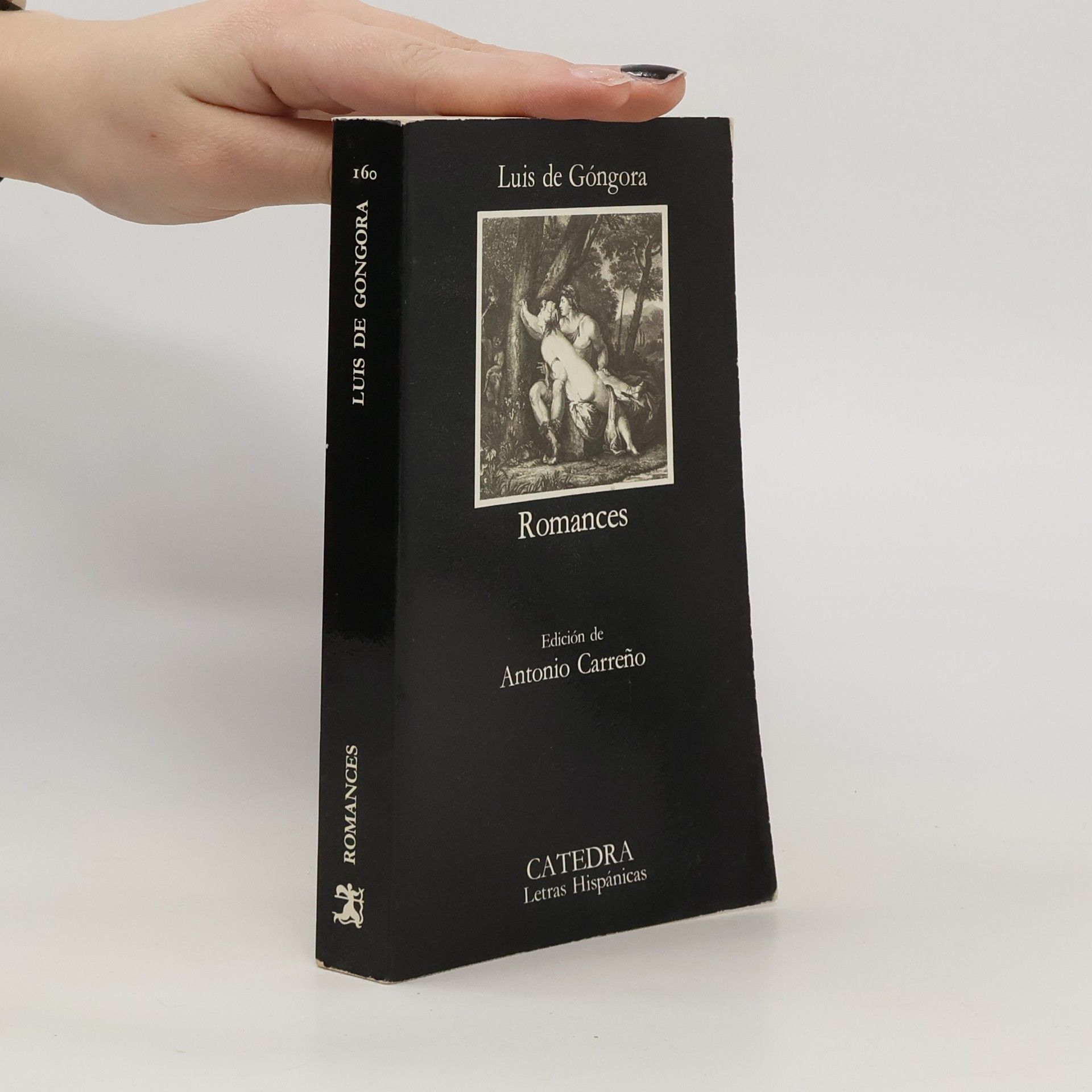
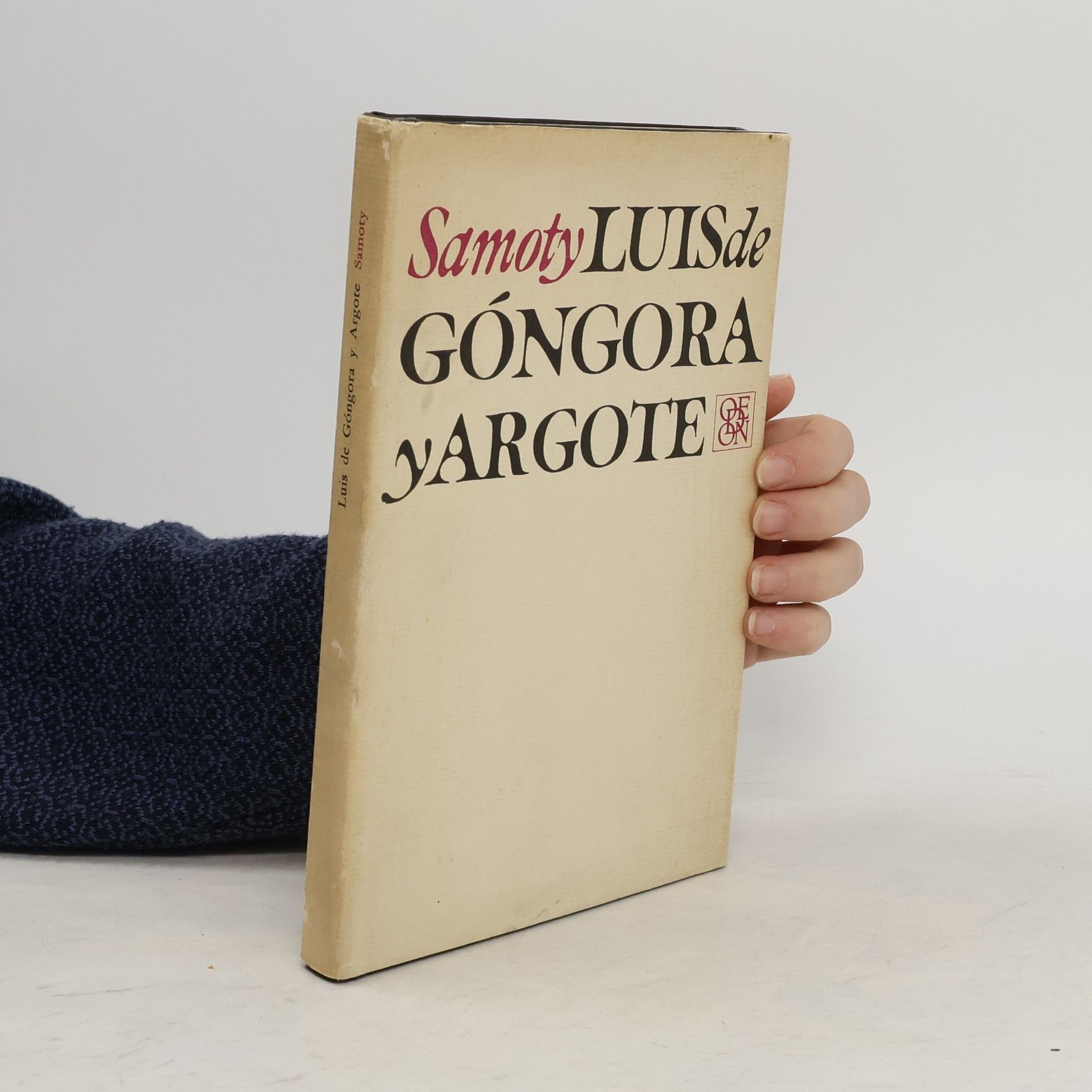
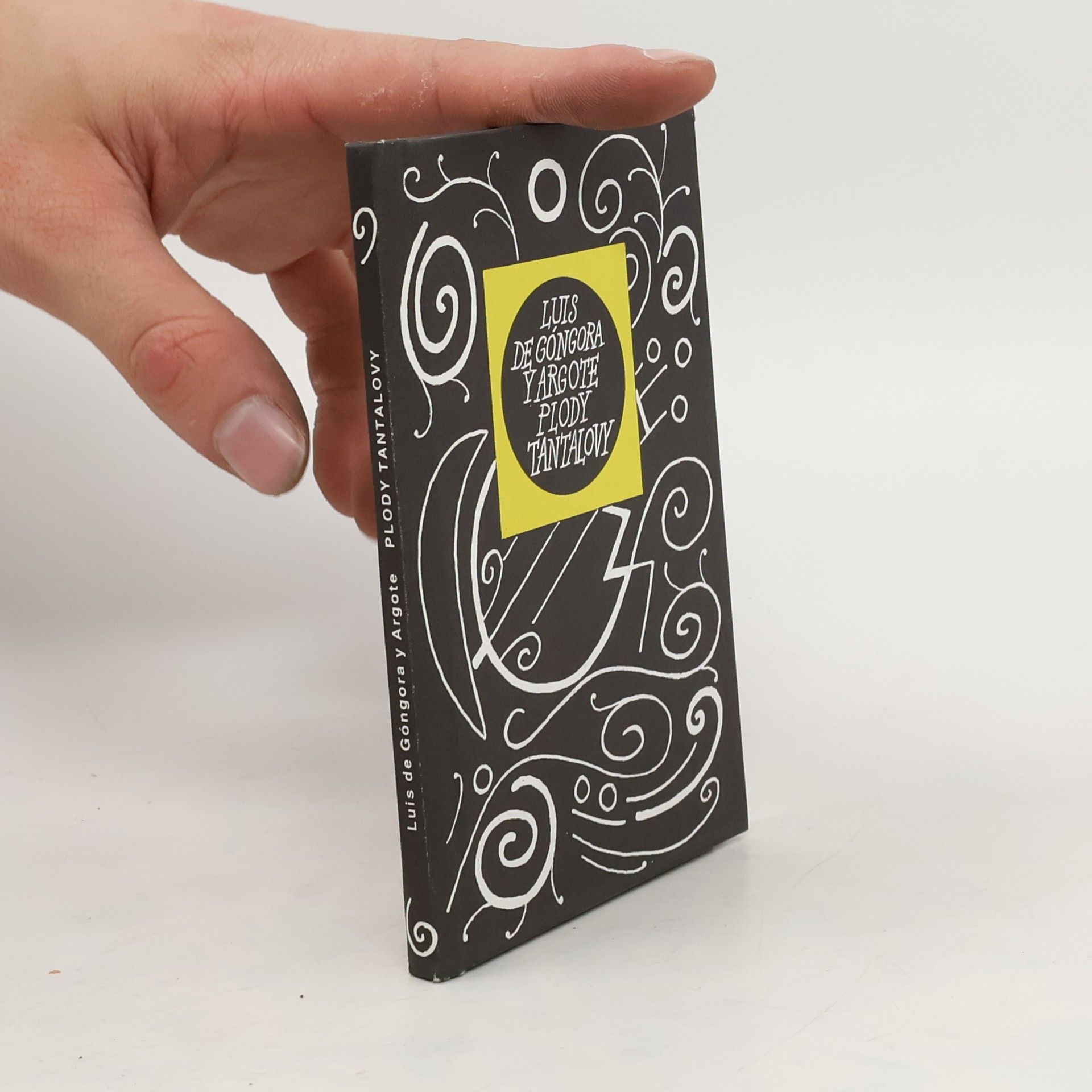
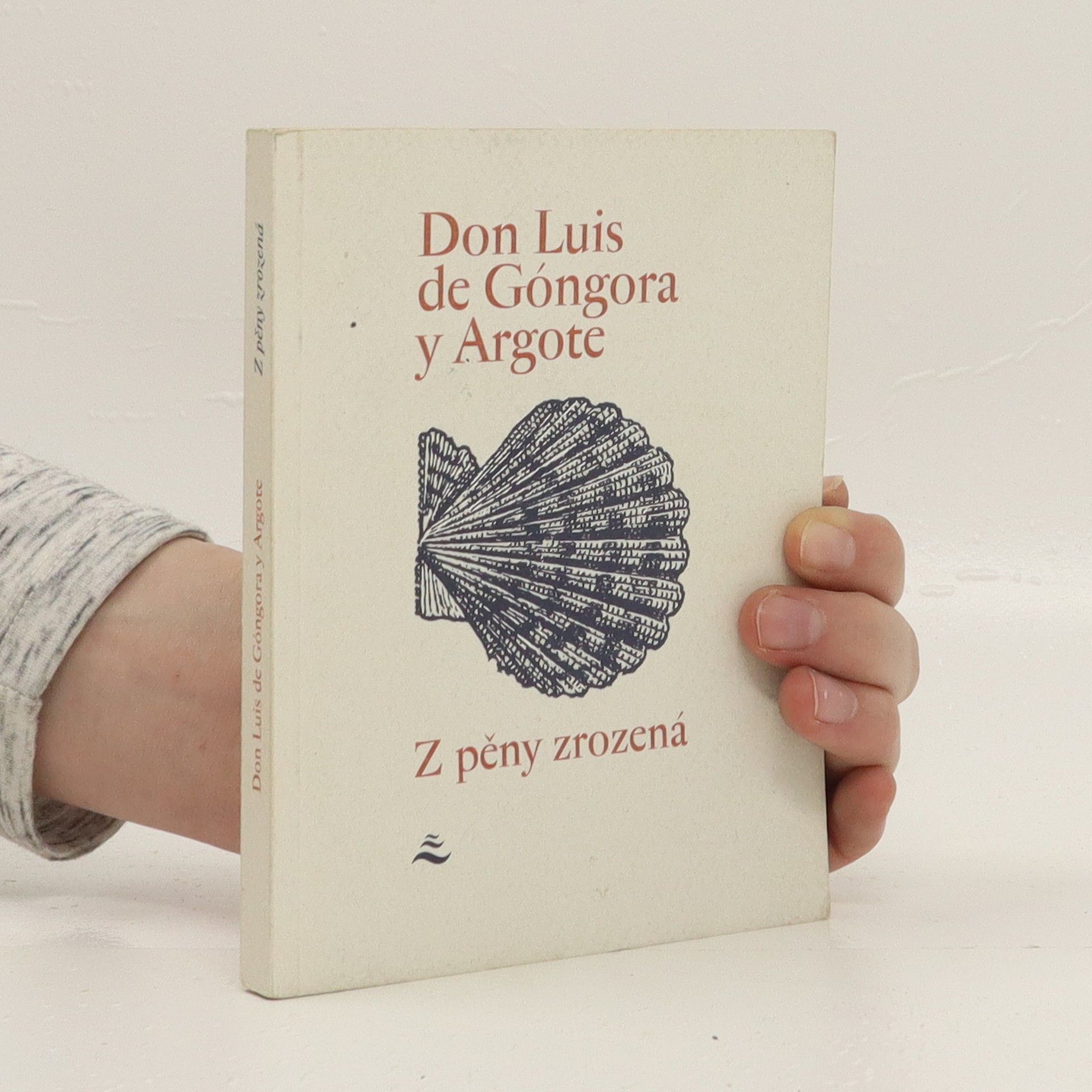
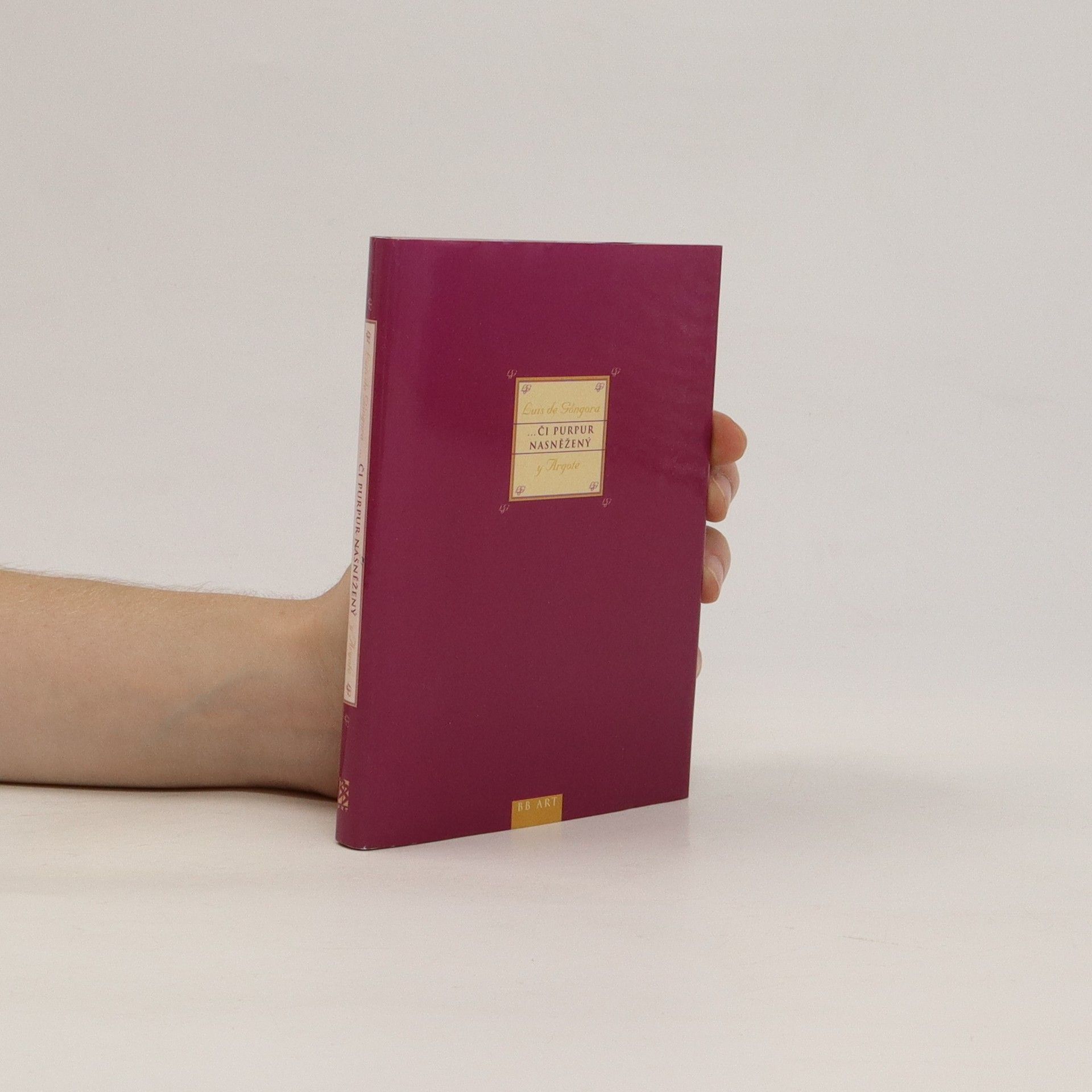
Sbírka poezie osobitého španělského básníka, který žil na přelomu 16. a 17. století.
Plody Tantalovy
- 94 stránek
- 4 hodiny čtení
Výbor z lyriky. Druhý samostatný výbor po téměř padesáti letech, jemuž autor překladu věnoval téměř čtvrt století.
Básnická skladba španělského autora z období tzv. ,,zlatého věku" španělské poezie. Verše, jejichž největší část naplňují popisy a líčení krajiny, rostlin, živočichů, lidské práce a zábavy, podávají kypivý obraz tehdejšího světa. Básník v nich zintenzivňuje a zhutňuje své estetické postupy natolik, že vytváří nový směr zvaný góngorismus. (http://books.google.cz/)
Romances
- 670 stránek
- 24 hodin čtení
La segunda mitad del siglo XVI contempla las primeras recopilaciones de lo que conocemos como "Romancero Viejo". Paralelamente se despierta el interés de los poetas contemporáneos (Góngora, Lope) por esta forma, es el "Romancero Nuevo". Esta edición examina cómo un mismo genio late bajo los romances moriscos, mitológicos, picarescos o rústicos.
Introducción. Síntesis. Morfología. Unidades y vindicación de la comedia vieja. Una comedia burguesa. Conclusión. Noticia Bibliográfica. Bibliografía Selecta. Esquema métrico. Nota Previa. Las Firmezas de Isabela. Acto primero. Acto segundo. Acto tercero. Apéndice I. Apéndice II. Índice de Láminas.
Este libro ha sido convertido a formato digital por una comunidad de voluntarios. Puedes encontrarlo gratis en Internet. Comprar la edición Kindle incluye la entrega inalámbrica.
Antología poética
- 157 stránek
- 6 hodin čtení
